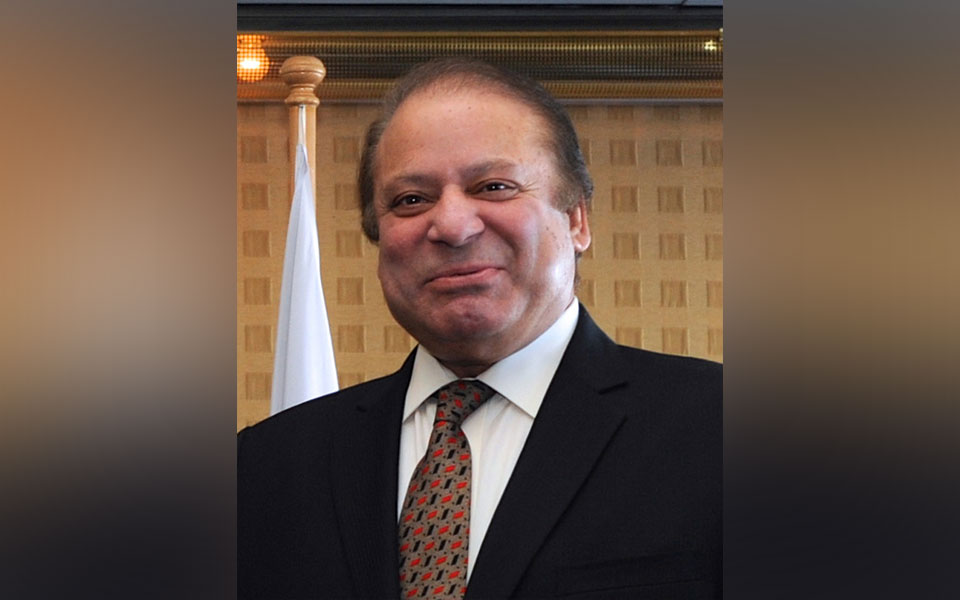Islamabad: An accountability court in Pakistan today rejected ousted premier Nawaz Sharif's objections to the supplementary case filed against him and his family by the country's anti-graft body over properties in London.
The court holding trial in graft cases against Sharif and his family decided that the supplementary case would be made part of the record in the Avenfield flats case.
The National Accountability Bureau (NAB) on January 22 filed a supplementary case with the accountability court's registrar in Islamabad which is already trying Sharif and his family -- two sons Hussain and Hassan, daughter Maryam, and son-in-law Safdar -- for alleged corruption in three cases.
The cases are related to the Panama Papers scandal that had forced the 68-year-old three-time prime minister to resign.
Accompanied by daughter Maryam and son-in-law Mohammad Safdar, Sharif for the 15th time appeared in the court located in Islamabad.
During the hearing today, conducted by Judge Muhammad Bashir, Nawaz Sharif s lawyer Khawaja Haris had raised an objection over the supplementary reference, saying there is nothing new in it.
"The reference has been filed in line with the JIT report and no Mutual Legal Assistance (MLA) report has so far been filed, said Haris.
According to him, the NAB had said that a supplementary reference would be filed when new evidence is found against the suspects but that is not the case. The supplementary reference had to be filed in reply to a legal consultation.
Haris stressed that the supplementary reference was not as per the order of the top court and thus could not be accepted.
"The supplementary reference was filed to target Sharif and even in that reference, the same allegations already levelled in the interim reference were repeated," he said.
The three cases against the Sharif family pertain to the Al-Azizia Steel Mills, several companies including Flagship Investment Ltd, and London's Avenfield properties.
Sharif and his sons have been named in all three NAB cases, while Maryam and Safdar have been named only in the Avenfield case.
The political future of Sharif, who heads the country's most powerful political family and the ruling PML-N party, has been hanging in the balance since his ouster. If convicted, he could be jailed.
Sharif's family alleges that the cases are politically motivated.
Let the Truth be known. If you read VB and like VB, please be a VB Supporter and Help us deliver the Truth to one and all.
Udupi: Udupi City Police have arrested two persons, including a woman, in connection with the alleged misappropriation of property tax funds belonging to the Udupi Municipal Council.
The accused have been identified as Shalini, who was working as a tax consultant outside the municipal office, and Ganesh, a bank employee.
According to police, Anand Suvarna had paid Rs 34,730 towards 12 years of property tax for his building in Kalmadi to Shalini on October 16, 2025. She reportedly issued him a receipt acknowledging the payment.
However, when Suvarna recently checked the status of the payment on the property tax portal, he found that the amount had not been credited and was still shown as pending. He then brought the matter to the notice of the Municipal Commissioner, who verified that the payment had not been recorded.
During questioning, Shalini allegedly admitted to the lapse. On February 16, 2026, she generated a new challan in Suvarna’s name and paid Rs 35,213 towards the dues.
Police said a case has been registered at the Udupi City Police Station against the accused for allegedly misappropriating tax money and defrauding the government by affixing the seal of Union Bank on the challan without remitting the amount initially received from the taxpayer.
Further investigation is under way.





